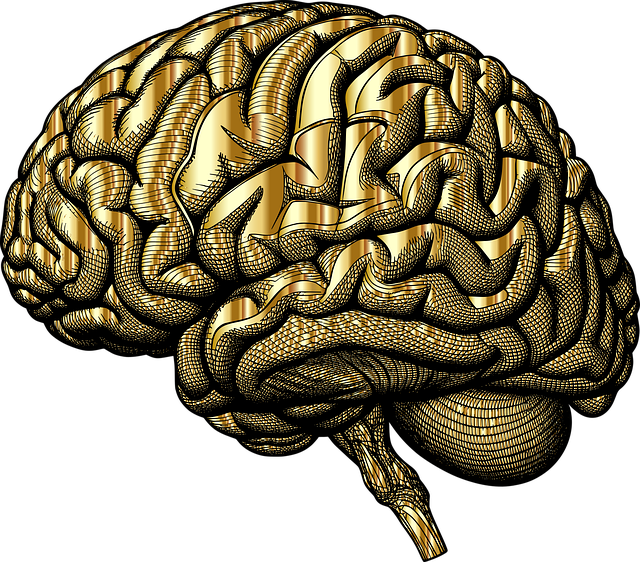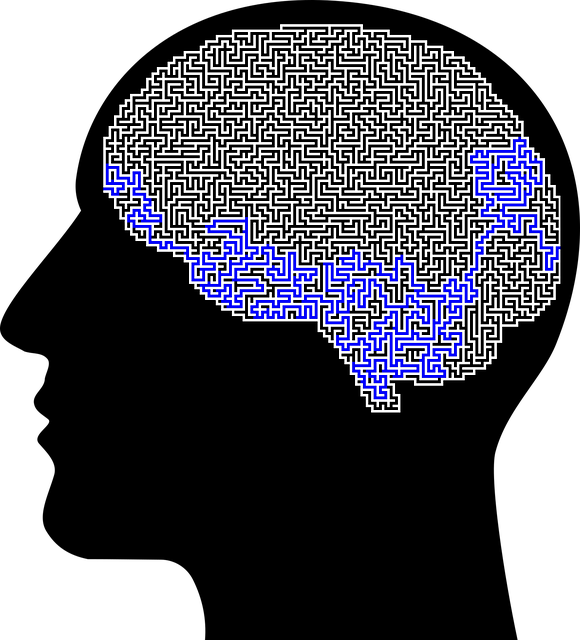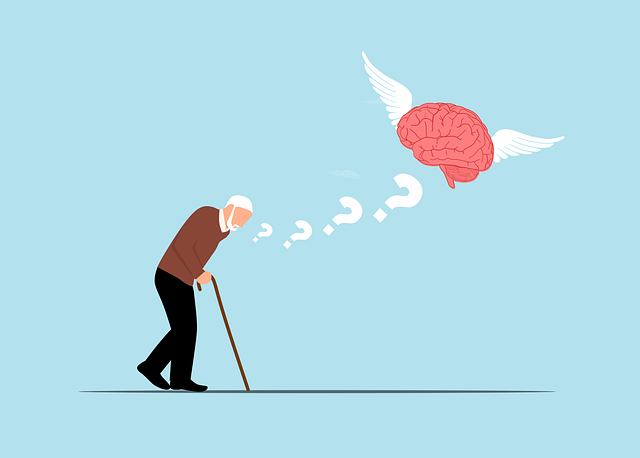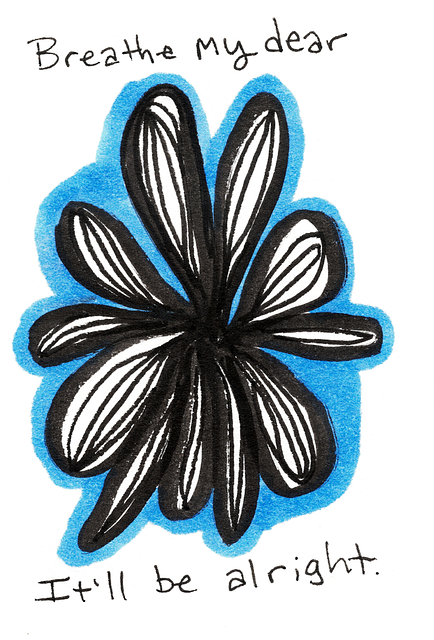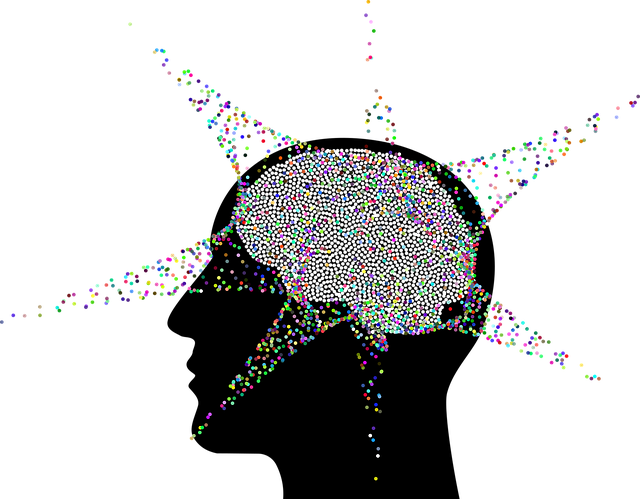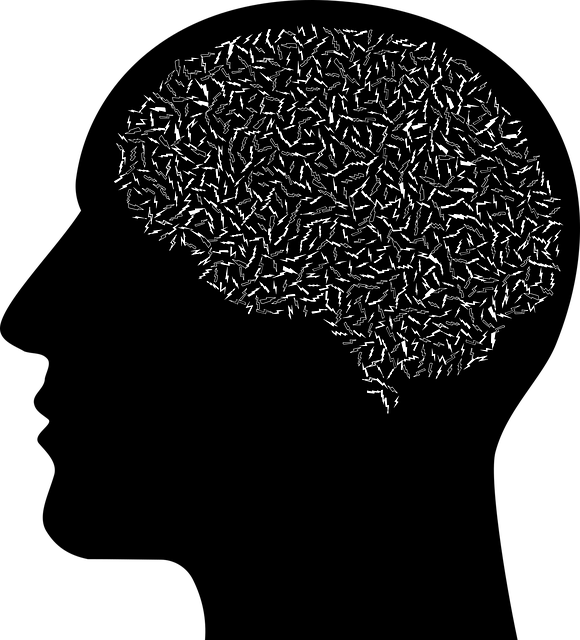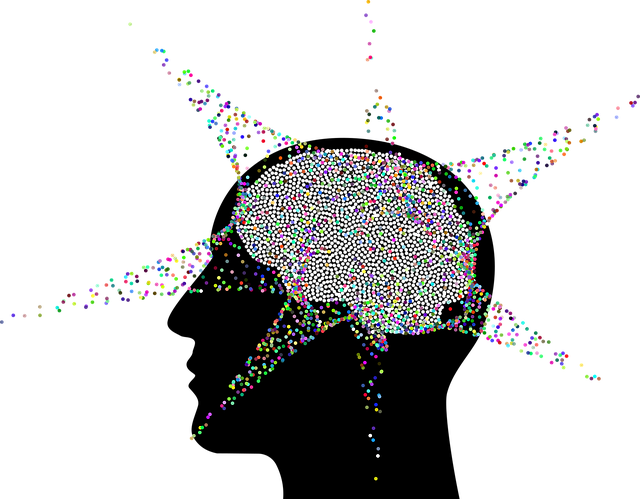Northglenn Geriatrics Therapy offers a comprehensive approach to managing anxiety through holistic methods, including mindfulness meditation, CBT, and lifestyle adjustments. They address physical and cognitive symptoms, root causes, and stigma, providing effective tools like breathing exercises, group activities, and educational programs. Their evidence-based practices, such as Cognitive Behavioral Therapy (CBT), empower individuals to manage anxiety disorders, improve well-being, and lead fulfilling lives with Northglenn Geriatrics Therapy.
Anxiety is a prevalent concern affecting individuals of all ages. Effective management techniques are essential for maintaining mental well-being. This article explores comprehensive strategies to combat anxiety, focusing on holistic approaches like Northglenn Geriatrics Therapy, evidence-based treatments such as Cognitive Behavioral Therapy (CBT), and lifestyle adjustments including diet, exercise, and relaxation techniques. By understanding anxiety’s signs and symptoms, you can empower yourself or loved ones to find lasting calmness.
- Understanding Anxiety: Recognizing the Signs and Symptoms
- Northglenn Geriatrics Therapy: A Holistic Approach to Managing Anxiety
- Cognitive Behavioral Therapy (CBT): Shaping Thoughts for Calmness
- Lifestyle Adjustments: Cultivating Resilience through Diet, Exercise, and Relaxation Techniques
Understanding Anxiety: Recognizing the Signs and Symptoms

Anxiety is a natural response to stress, but when it becomes persistent and overwhelming, it can significantly impact daily life. Recognizing the signs and symptoms is the first step towards managing anxiety effectively. Individuals experiencing anxiety may exhibit physical manifestations such as rapid heartbeat, shortness of breath, muscle tension, and insomnia. They might also encounter cognitive issues like excessive worry, rumination, and a negative outlook, often accompanied by avoidance behaviors.
Northglenn Geriatrics Therapy offers valuable tools to address these challenges. Techniques like mindfulness meditation have gained prominence in mental health education programs design due to their effectiveness in calming the mind and reducing anxiety symptoms. By integrating practices such as deep breathing exercises and focusing on the present moment, individuals can learn to manage their anxiety responses more effectively. Additionally, Mental Health Policy Analysis and Advocacy play a crucial role in ensuring access to quality therapy and support for those dealing with anxiety disorders.
Northglenn Geriatrics Therapy: A Holistic Approach to Managing Anxiety

Northglenn Geriatrics Therapy takes a holistic approach to managing anxiety, recognizing that mental health is intricately linked to overall well-being. This comprehensive strategy involves not just treating symptoms but addressing the root causes and fostering resilience. By integrating evidence-based practices such as mindfulness meditation into their therapeutic models, Northglenn Geriatrics Therapy empowers individuals to develop effective coping mechanisms for stress and anxiety.
Beyond individual therapy sessions, Northglenn Geriatrics Therapy emphasizes community support and public awareness campaigns development to reduce stigma associated with anxiety disorders. They encourage open conversations about mental health and promote confidence-boosting strategies through group activities and educational programs. This multifaceted approach ensures individuals receive the care they need to lead fulfilling lives free from anxiety’s grip.
Cognitive Behavioral Therapy (CBT): Shaping Thoughts for Calmness

Cognitive Behavioral Therapy (CBT) is a powerful tool in the arsenal of Northglenn Geriatrics Therapy for managing anxiety disorders. This evidence-based approach focuses on identifying and challenging negative thought patterns that contribute to anxious feelings. By reshaping these thoughts, CBT helps individuals gain a more balanced perspective, leading to reduced anxiety and improved overall well-being.
Through CBT, patients learn to recognize distorted thinking and replace it with realistic, positive thoughts. This process involves self-care routine development for better mental health, encouraging mindfulness and stress reduction methods. By addressing the root causes of anxiety, Northglenn Geriatrics Therapy empowers individuals to take control of their mental health and alleviate symptoms associated with various forms of mental illness, even in the face of stigma reduction efforts.
Lifestyle Adjustments: Cultivating Resilience through Diet, Exercise, and Relaxation Techniques

Anxiety management begins with holistic approaches that integrate lifestyle adjustments. At Northglenn Geriatrics Therapy, we emphasize the interconnectedness of emotional well-being promotion techniques, such as diet, exercise, and relaxation. A balanced diet rich in nutrients supports mental wellness, while regular physical activity boosts mood and reduces stress hormones. Additionally, mindfulness exercises and deep breathing techniques can help cultivate empathy building strategies and enhance resilience.
Integrating these practices into daily routines offers effective emotional well-being promotion techniques. For instance, keeping a mental wellness journal can serve as a powerful tool for processing emotions and tracking progress. By documenting thoughts and experiences, individuals gain valuable insights and develop coping mechanisms that foster stability and peace of mind. This form of journaling exercise guidance is particularly beneficial in navigating challenging times and promoting mental wellness at every age.
Anxiety management is a multifaceted journey, and with the right tools, anyone can achieve a calmer, more balanced life. By understanding anxiety’s unique manifestations, individuals can empower themselves to take control. The holistic approach of Northglenn Geriatrics Therapy offers a comprehensive framework, addressing mind, body, and spirit. Cognitive Behavioral Therapy provides an effective method for reshaping thoughts and emotions, while lifestyle adjustments, including diet, exercise, and relaxation techniques, cultivate resilience. Combining these strategies enables individuals to navigate life’s challenges with newfound poise and tranquility.
